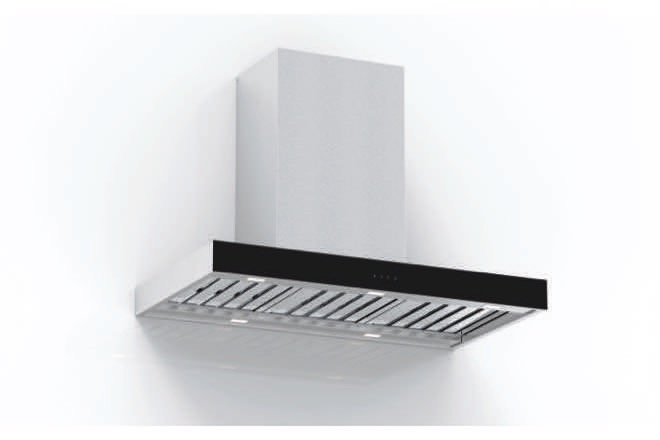Make your green dream a reality in the heart of home
What’s in your kitchen? Benchtops, cabinetry, appliances, tapware and many more components build your space to create what you see. Designed for daily wear and tear, this room, the heart of the home, needs to be composed of durable surfaces that will stand the test of time and be fitted with efficient lights, appliances and taps.
Homing in on one of the most important surfaces in your house, benchtops come in all shapes, sizes and materials. With a plethora of options available — from timber or quartz to stainless steel — it can be difficult to understand the sustainability of each surface.
First of all, remember there’s a range of elements to consider. A wooden countertop does not necessitate unsustainable practices. Recycled timber or wood certified as sustainably harvested by the Forest Stewardship Council can care for our supply of trees. The manufacturing of wooden benchtops is relatively low in energy use as wood is sawn, a definite plus to wood usage. Be careful of the sealant used on this surface and use natural oils as advised by your benchtop provider. Consideration of your sealant choice is important to maintain a good indoor air quality and avoid any harmful side effects of volatile organic compounds (VOC) which are present in polyurethane sealants.
On the flip side, stainless steel is a durable choice, VOC-free and with recycling potential. However, the large energy output and toxins associated with the manufacturing process need to be factored in; this is not necessarily the most sustainable option for your space.
Granite and marble surfaces are typically considered unsustainable due to the finiteness of the materials and the high cost in extracting and manufacturing these natural stones. While there is damage to the environment and it’s not the most environmentally friendly choice, natural stone is extremely recyclable and reusable, and the longevity of the stone is a positive element.
A unique, eco-friendly benchtop option is organic bamboo. One of the fastest-growing plants in the world, non-toxic and recyclable with a low-carbon footprint, bamboo is a great benchtop option for your home. Similar to other wooden materials, bamboo requires routine maintenance to prolong its lifespan.
Each benchtop material can range in sustainability depending on the company’s sourcing and manufacturing of the product and their environmental practices. Before deciding on a product, research each company for a benchtop that will suit your kitchen as well as being eco-friendly.
Beyond the material makeup of the space, the kitchen is also the biggest user of energy in your house. Ovens, dishwashers and refrigerators are in high use and can be heavy on electricity. Investing in energy-efficient appliances that will stand the test of time reduces your power bill and your environmental footprint. Long-term thinking is needed in an eco-friendly kitchen, and rather than purchasing the cheapest on the market, buy a product that will save you money down the track.
Before looking into energy ratings, consider your lifestyle and the space available. If you’re living alone or with a partner, a smaller fridge will save on resources. For larger families, a correspondingly larger fridge may be necessary and would be more efficient than two smaller fridges. So what constitutes an energy-efficient appliance? The six-star energy rating program run by the government means the more stars, the more you save.
A sustainable kitchen space requires planning and research, but making an effort in this area goes a long way for our planet and our homes. Choose a planet-healthy home and be a part of the change.
The crust of the matter
One of the most abundant and durable materials on the planet, quartz is a mineral composed of silicon and oxygen found in the earth’s crust. Non-porous by nature and featuring a high resistance to scratching or chipping, quartz is a great sustainable option for your kitchen when sourced ethically. Healthy interiors are important, so choose surfaces that have been certified for low VOC emissions and are safe for all food environments.
If you’ve got sustainability in the kitchen figured out, start next on your home as a whole and creating an eco-friendly bathroom.
Featured image and images 2-3: Courtesy of Smartstone
Image 1: Design by Bent Architecture
Originally published in Kitchens & Bathrooms Quarterly 26.1









